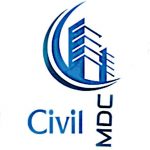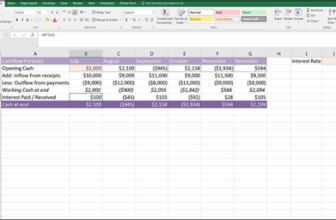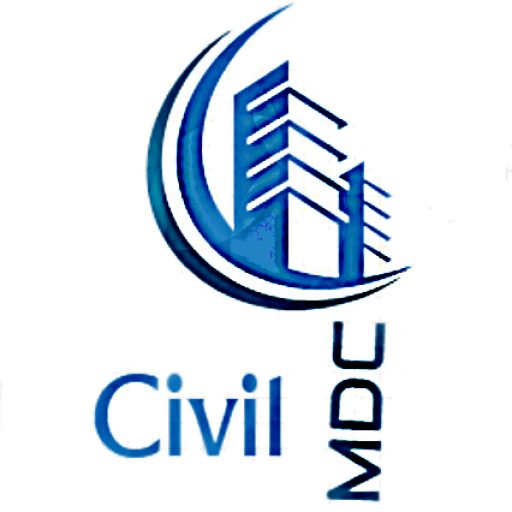
LINES TO FORM A VIEW
Orthographic views are drawn by using various types of lines and generally no
shading is used, hence, we must have a clear cut idea about where a line is to be
drawn. The lines on a drawing may indicate three types of directional change in the
body of the object as shown in Fig. 3.5 and listed below.

Fig. 3.5 Lines to Form a View
Intersection Line
An intersection line is a line formed by the meeting of two surfaces when either one is
parallel and one at an angle or both are at an angle to the plane of projection.
Surface Limit Line
A surface limit line indicates the reversal of direction of a curved surface. Suppose a curved
part is to be shown in a particular View, the curvature starts from one end and goes towards
the left side of the view. After Covering a certain distance towards the left, it starts moving
towards the right. That extremity of the curve for a particular view at which the change of
direction takes place is indicated by a surface limit line.
Edge Line
An edge line is a type of intersection line showing the edge of a receding surface that is
perpendicular to the plane of projection.






